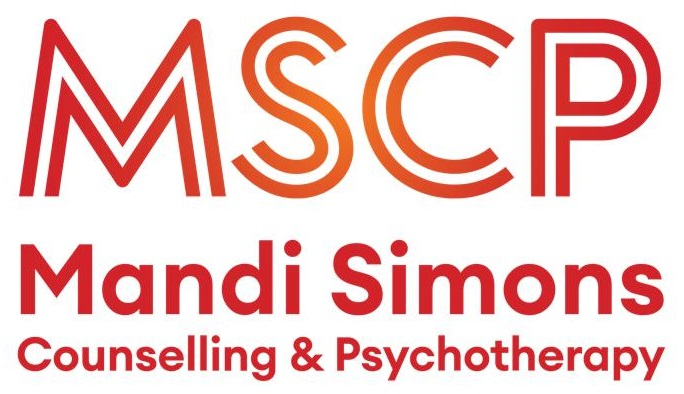What to Expect in Your First Therapy Session
Taking the first step into therapy can feel like a big deal. You might be feeling nervous, unsure, or even a little excited – all of which are completely normal. If you’re wondering what to expect, this guide will walk you through your first session, so you feel more prepared and reassured.
- Before Your Session: How to Prepare
There’s no need to overthink or plan too much before your first therapy session, but here are a few things that might help you feel more at ease:
- Take a moment to reflect. You don’t need to have everything clear in your mind, but thinking about what’s been on your mind lately can be useful.
- Jot down any key thoughts. If you’re feeling nervous, writing down a few things you’d like to talk about or any questions you have can help.
- Be open to the process. Therapy isn’t about having all the answers; it’s about exploring things at your own pace in a safe and supportive space.
- Give yourself some breathing room. Try not to rush into your session straight from a busy schedule. Giving yourself a little time before and after can help you process how you’re feeling.
Above all, remember that therapy is for you – there’s no right or wrong way to approach it.
- Meeting Your Therapist: A Safe and Supportive Space
The first session is all about getting to know each other and making sure you feel comfortable. Your therapist will introduce themselves, explain how therapy works, and talk about confidentiality. Everything you share is private, unless there’s a concern about safety (for yourself or others), which your therapist will explain clearly.
- Talking About You: Understanding Your Needs
Therapy is a space where you can be yourself without judgment. Your therapist might ask gentle, open-ended questions to get a sense of what’s bringing you to therapy, such as:
- What made you decide to try therapy now?
- Have you had therapy before? If so, what worked well (or didn’t)?
- How have you been feeling lately – emotionally, mentally, and physically?
- Are there any particular challenges or patterns you’ve noticed in your life?
There’s no pressure to share everything at once. Therapy moves at your pace, and you can talk about as much or as little as you feel ready to.
- Exploring How Therapy Can Help
Every therapist works a little differently, and your first session may include a discussion about different approaches that could work for you. Some common approaches include:
- Cognitive Behavioural Therapy (CBT) – Identifying and challenging unhelpful thought patterns.
- Person-Centred Therapy – Providing a supportive space where you lead the conversation.
- Psychodynamic Therapy – Exploring how past experiences shape your present.
If you’re not sure what approach might be best for you, that’s completely fine. Your therapist will guide you and adjust the process based on your needs.
- What Happens Next?
Toward the end of the session, you and your therapist might talk about:
- How you found the session and how you’re feeling.
- Whether you’d like to continue with regular sessions (weekly, fortnightly, etc.).
- Any goals or areas you’d like to focus on in future sessions.
It’s completely normal to have mixed emotions after your first session – relief, curiosity, exhaustion, or even uncertainty. Therapy is a journey, and it takes time to build trust and start noticing changes.
- Final Thoughts: You’ve Taken an Important Step
Reaching out for support takes courage, and just by starting therapy, you’ve taken a positive step towards looking after your well-being. You don’t have to have everything figured out, and there’s no pressure to “get it right.” Your therapist is there to support you at your own pace, and therapy is a space where you can simply be yourself.
If you have any questions or would like to book a session, feel free to book a 30 minute online consultation which is free of charge.

